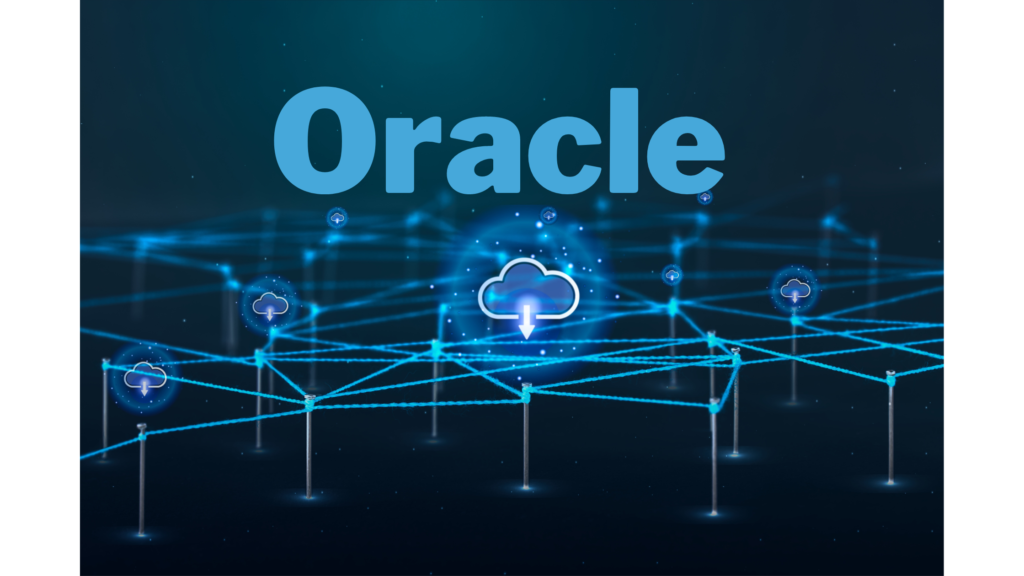
Introduction
In the realm of database management systems, Oracle has long been a prominent figure, and the question of “What Will Replace Oracle?” has been a topic of increasing interest. For decades, it has provided robust solutions to enterprises for storing, retrieving, and managing their data. However, the landscape of technology is constantly evolving, and in recent years, there has been growing speculation about what might replace Oracle’s dominance. In this article, we will explore the challenges Oracle faces and the emerging technologies and alternatives that could potentially take its place.
The Dominance of Oracle
Oracle’s relational database management system (RDBMS) has been a stalwart in the corporate world, offering features like data security, scalability, and reliability. It has been the go-to choice for many enterprises, particularly those with vast amounts of data to manage.
Challenges Faced by Oracle
Despite its impressive track record, Oracle faces several challenges. The first and foremost is its cost. Oracle’s licenses and support can be prohibitively expensive for smaller businesses. Moreover, the complexity of managing Oracle databases has pushed organizations to seek more user-friendly and cost-effective options.
Emerging Database Technologies
NoSQL Databases
NoSQL databases have gained popularity as they offer flexibility and scalability that RDBMSs like Oracle can struggle with. They are especially well-suited for handling unstructured or semi-structured data.
NewSQL Databases
NewSQL databases combine the best of both worlds: the ACID (Atomicity, Consistency, Isolation, Durability) compliance of traditional RDBMS with the scalability of NoSQL databases.
Graph Databases
Graph databases are designed to handle highly interconnected data, making them invaluable for applications like social networks and recommendation systems.
In-memory Databases
In-memory databases are known for their speed. They store data in the main memory (RAM) rather than on disk, resulting in lightning-fast data access.
Cloud-Based Database Solutions

Amazon Web Services (AWS)
AWS offers a wide array of managed database services, making it a formidable competitor in the database space. Their offerings are scalable, reliable, and integrated with various other AWS services.
Microsoft Azure
Azure provides a broad spectrum of database options and is particularly appealing to enterprises already invested in the Microsoft ecosystem.
Google Cloud Platform (GCP)
GCP offers a set of powerful and scalable databases, tightly integrated with their cloud services, making it a strong contender in the cloud-based database market.
Open-Source Alternatives
MySQL and MariaDB
MySQL and its fork, MariaDB, have become go-to choices for businesses seeking open-source, cost-effective RDBMS solutions. They are known for their reliability and compatibility with various applications.
PostgreSQL
PostgreSQL is another open-source RDBMS that boasts features like extensibility and support for complex data types. It has garnered a strong following in the open-source community.
MongoDB
MongoDB is a leading NoSQL database that provides flexibility and scalability, making it a worthy competitor for certain use cases.
AI-Driven Databases
With the increasing importance of artificial intelligence, databases that are optimized for AI and machine learning applications are on the rise. These databases can process and analyze vast amounts of data efficiently.
Blockchain and Distributed Ledger Technology
Blockchain and distributed ledger technology are changing the way data is stored and secured. They offer transparency, security, and decentralization, which are attractive features for businesses looking to enhance data integrity.
Conclusion (What Will Replace Oracle?)
While Oracle remains a formidable player in the database world, the landscape is evolving rapidly. Emerging technologies, cloud-based solutions, open-source alternatives, AI-driven databases, and blockchain technology are all vying for a piece of the pie. The future may not bring a single replacement for Oracle, but rather a diverse ecosystem of database solutions catering to different needs and preferences.
FAQs
1. Is Oracle going away completely?
- No, Oracle is unlikely to disappear entirely, but its dominance may diminish in certain sectors.
2. Which is the most cost-effective alternative to Oracle?
- MySQL and PostgreSQL are known for being cost-effective and reliable.
3. Can NoSQL databases replace Oracle for all types of applications?
- NoSQL databases are suitable for specific use cases, but not all. Oracle may still be preferred for complex relational data.
4. Are cloud-based databases as secure as on-premises databases?
- Cloud providers invest heavily in security, making their databases highly secure. However, the ultimate security depends on how well they are configured and managed.
5. How can businesses decide which database solution to choose over Oracle?
- Businesses should consider factors like their data structure, scalability needs, budget, and existing technology stack when choosing a database solution.
In conclusion, the future of database management is a dynamic landscape, and what will replace Oracle is a multifaceted question. Businesses must carefully evaluate their specific needs and explore the diverse options available to find the most suitable database solution for their requirements.
